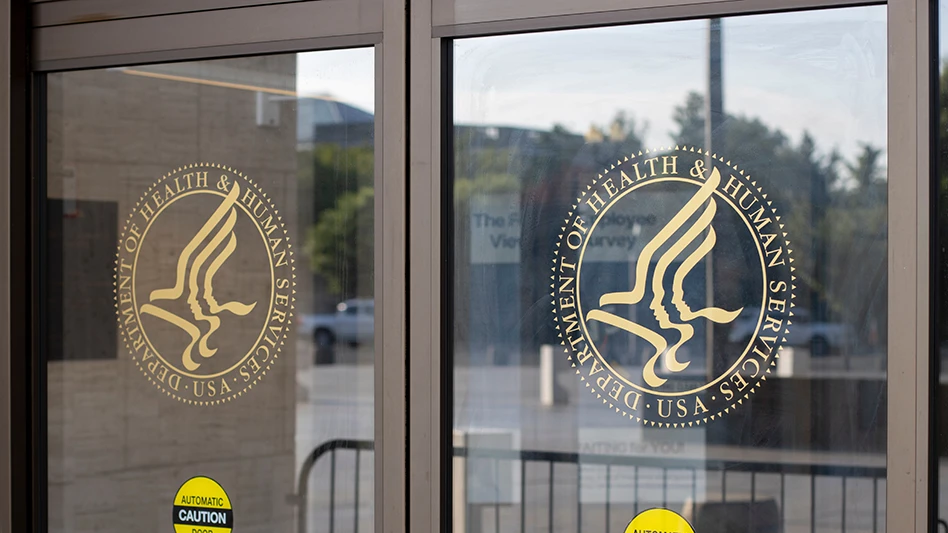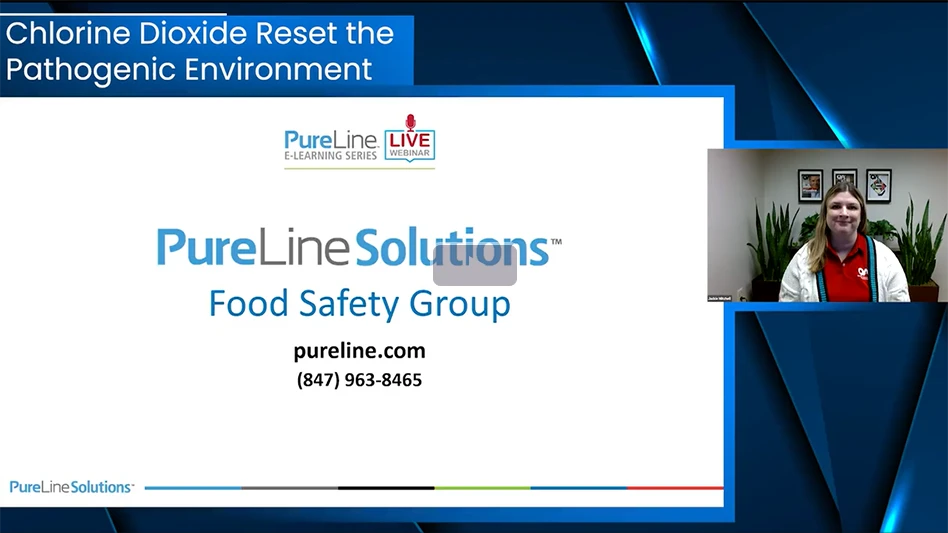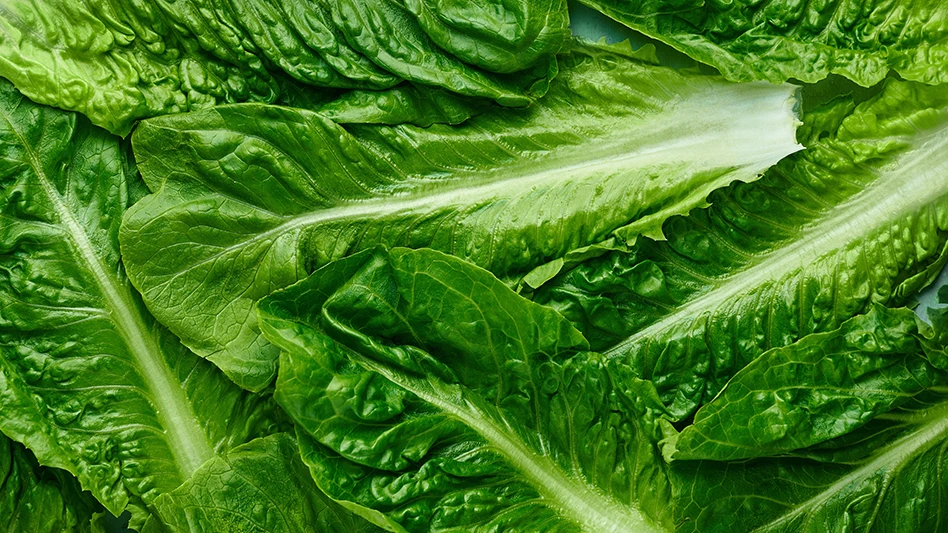
There’s a good chance that at one time or another, you have eaten food from a farmers market, whether it be a delicious homemade baked good, a piece of fresh produce or tacos from a food truck. But have you ever wondered who regulates those foods?
The Department of Agriculture (USDA) and the Food and Drug Administration (FDA) regulate foods introduced into interstate commerce. Put another way, those agencies don’t generally get involved unless the food is crossing state lines. So, the delicious keto brownie that I enjoyed just a few weeks ago at my local farmers market, which travelled within Phoenix just a few short miles from the maker’s home to me, isn’t regulated under federal law. Ditto for the tacos from the food truck. Of course, the ingredients in those products likely fell under federal jurisdiction at the time of manufacture and packaging, but the finished product did not.
So, do farmers market foods simply exist in the Wild West of food regulation? That depends on where you live, so let’s take my home state, Arizona, as an example. Let’s start with the food trucks. It turns out that these mobile purveyors of delicious treats are regulated under the Arizona Administrative Code (AAC).

Under the AAC, all food truck vendors must have a state-issued license and have a service agreement with a food commissary, defined as a facility that has been approved by a regulatory authority as safe and sanitary for food preparation. It’s also defined as providing support and servicing activities to the food truck operator, such as a facility for preparing or storing food, a source of potable water or a source for refuse disposal. Food trucks must submit to random inspections and all employees must have a valid food-handler card or a certificate from an accredited food-handler training program.
How about the produce stand? When you purchase that bundle of organic kale, can you be confident that it was grown and harvested in such a way that you aren’t heading home with a bundle of E. coli? There is a better chance here that the produce falls under FDA regulations, but there’s no absolute guarantee. Farms, generally speaking, are regulated by FDA under Code of Federal Regulation, 21, 112. If the farm is selling produce across state lines, then its produce falls under FDA’s jurisdiction. FDA regulates things such as the water and soil used to produce the kale as well as the hygiene standards implemented during harvesting and packaging. But there are exemptions. If the farm that produced your kale produced an average of $25,000 or less of produce in the prior three years, then it is exempt. Likewise, if the average value of all food sold by the farm in the prior three years was less than $500,000, and the average value of the food sold to the end consumer (you) or a restaurant or retail food establishment located in the same state or no more than 275 miles from the farm exceeded the value of the food sold to all other buyers, then the farm is exempt. So, the smaller the farm, the less likely it is to fall under FDA’s jurisdiction.
8,600+: According to the Department of Agriculture, there are more than 8,600 farmers markets in the United States.
In that case, does the AAC regulate these products? The answers are sort of and maybe. Under the AAC, there are produce-safety provisions that mirror the FDA produce safety provisions. That means that the small local farm may well be exempt from these state regulations too. But that doesn’t give these small farms carte blanche to produce dangerous produce. Under both the FDA and AAC regulations, even exempt farms must keep records showing how they are entitled to exemption as well as certain safety records, and they must submit to inspections. If the farm causes an outbreak or the inspector has concerns about hygiene standards, then that farm can lose its exemption and become subject to the regulations.
What about those brownies I mentioned earlier? Who regulates them? Well, these brownies would be considered a cottage food product under Arizona Revised Statutes § 36-136(Q). Cottage food products are exempt from regulation under the AAC if: No. 1, they are not potentially hazardous; No. 2, they do not require certain time or temperature controls to limit pathogen or toxin formation; No. 3, they are prepared in the home by a food preparer or under the supervision of someone who has completed a food handler training course, maintains an active certificate of completion and is registered with the health department under A.R.S. § 36-136(1)(4)(g); and No. 4, they are packaged in the home with a label containing the name and registration number of the food preparer, an ingredient list and the date of preparation. The label must also state: “This product was produced in a home kitchen that may process common food allergens and is not subject to public health inspection.” And the food preparer must display their registration when selling a cottage food.
While the ordinary consumer may have a natural curiosity about how farmers market products are regulated, there is an additional reason for produce growers and food manufacturers to care. Any foodborne illness outbreak arising from food sold at a farmers market is likely to get more attention than isolated incidents of foodborne illness in the home. Farmers market vendors may well be using your products. If a local or state regulatory agency starts an investigation into an outbreak, they are likely to look up and down the chain for a cause. Knowing whether you are the last legal line of defense before the product reaches the consumer is useful information.
If you’re curious about how these foods are regulated in your own home state or a state you do business in, you can contact local health departments or check out your state’s codes and regulations. Most are readily available with a simple Google search. And if you’re still concerned that regulation of these farmers market purchases may not be entirely safe, you can always stick to buying candles, fresh flowers and the other charming and delightful non-edible wares typically available at most farmers markets. After all, last time I went to my local farmers market, I came home with much more than those keto brownies. I also ended up with two paintings, a pair of pants, a new apron and a bundle of dried flowers.

Explore the November December 2021 Issue
Check out more from this issue and find your next story to read.
Latest from Quality Assurance & Food Safety
- Kim Heiman Elected to Second Term as President of Wisconsin Cheese Makers Association
- FAO Launches $150 Million Plan to Restore Ukrainian Agricultural Production
- Pet Food Company Implements Weavix Radio System for Manufacturing Communication
- Penn State Offers Short Course on Food Safety and Sanitation for Manufacturers
- USDA Announces New Presidential Appointments
- FDA to Phase Out Petroleum-Based Synthetic Dyes in Food
- IFT DC Section to Host Food Policy Event Featuring FDA, USDA Leaders
- CSQ Invites Public Comments on Improved Cannabis Safety, Quality Standards





